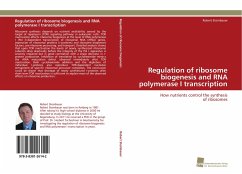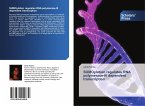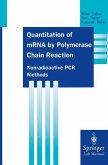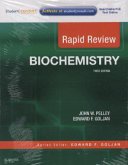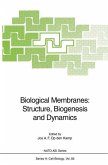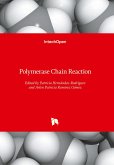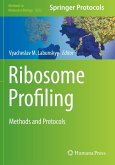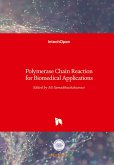Ribosome synthesis depends on nutrient availability sensed by the target of rapamycin (TOR) signaling pathway in eukaryotic cells. TOR inactivation affects ribosome biogenesis at the level of RNA polymerase I (Pol I)-dependent transcription of ribosomal RNA (rRNA) genes, expression of ribosomal proteins (r-proteins) and ribosome biogenesis factors, pre-ribosome processing, and transport. Detailed analysis shows that upon TOR inactivation the levels of newly synthesized ribosomal subunits drop drastically before the integrity of the Pol I apparatus is severely impaired but in good correlation with a sharp decrease in r-protein production. Inhibition of translation by cycloheximide mimics the rRNA maturation defect observed immediately after TOR inactivation. Both cycloheximide addition and the depletion of individual r-proteins also reproduce TOR-dependent nucleolar entrapment of specific ribosomal precursor complexes. The conclusion could be drawn that shortage of newly synthesized r-proteins after short-term TOR inactivation is sufficient to explain most of the observed effects on ribosome production.
Bitte wählen Sie Ihr Anliegen aus.
Rechnungen
Retourenschein anfordern
Bestellstatus
Storno

